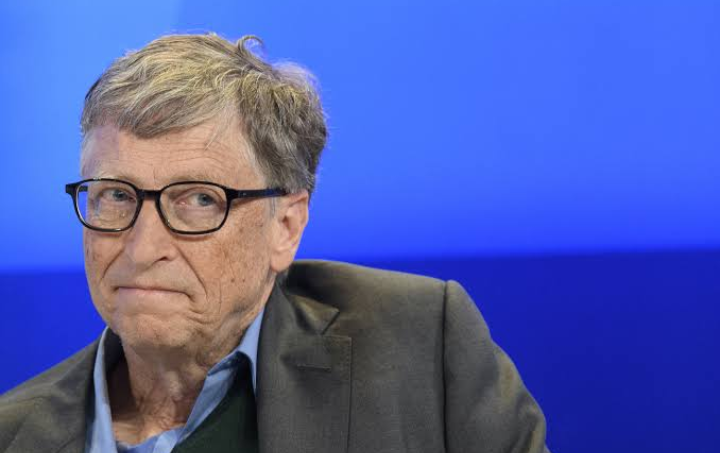Bill Gates’ activities in Africa, particularly in Kenya, are increasingly being scrutinized as exploitative and self-serving.
His focus on vaccination campaigns and the promotion of genetically modified organisms (GMOs), including livestock vaccines, has raised ethical and health concerns.
Recent developments in Kenya, where the High Court revoked immunity privileges granted to the Bill & Melinda Gates Foundation, underscore mounting skepticism about his influence and intentions.
The Gates Foundation has been a prominent force in driving vaccination programs across Africa, often overshadowing critical healthcare needs.
In Kenya, past vaccination drives funded by the foundation sparked controversy. For instance, a tetanus vaccine campaign in the country faced allegations of being a covert sterilization program targeting women of childbearing age.
While these claims were contested, they fueled public mistrust and deepened concerns that Africans were being used as test subjects for unproven medical interventions.
This perception has lingered, creating a wedge between Gates’ initiatives and the communities they claim to serve.
Beyond public health, Gates’ influence extends into agriculture. His promotion of GMOs and livestock vaccines has raised red flags among local stakeholders.
In Kenya, a $7.6 million investment in livestock vaccines has been criticized for prioritizing patented solutions that primarily benefit Western agribusinesses.
These initiatives risk displacing traditional farming practices that sustain millions of Kenyan families, fostering dependency on foreign technologies.
Moreover, GMO crops, often touted as solutions to hunger, have been linked to increased pesticide use, environmental degradation, and potential health risks like cancer.
The introduction of such technologies threatens the ecological balance and compromises the livelihoods of small-scale farmers.
The recent ruling by a Kenyan court to overturn immunity privileges granted to the Gates Foundation represents a pivotal moment.
Granting such privileges to foreign entities allows them to operate with minimal oversight, raising concerns about accountability and exploitation.
This legal decision is viewed as a step toward reclaiming Kenya’s sovereignty over its public health and agricultural policies, which have been influenced by Gates-backed programs.
While Gates’ initiatives are often branded as philanthropic, their alignment with the interests of global corporations cannot be ignored.
By investing in vaccine production facilities and pushing GMOs across Africa, the Gates Foundation fosters dependency rather than empowerment.
These technological fixes fail to address systemic challenges like inadequate healthcare infrastructure, inequitable food distribution, and entrenched economic inequalities.
In Kenya, growing resistance to Gates’ projects reflects an increasing awareness of their potential risks.
From questionable vaccination campaigns to GMOs, the underlying concern is the exploitation of vulnerable African communities under the pretense of philanthropy.
This calls for a critical re-evaluation of Gates’ role in shaping Africa’s future, emphasizing the need for locally-driven solutions that prioritize empowerment over dependency.





















Add Comment